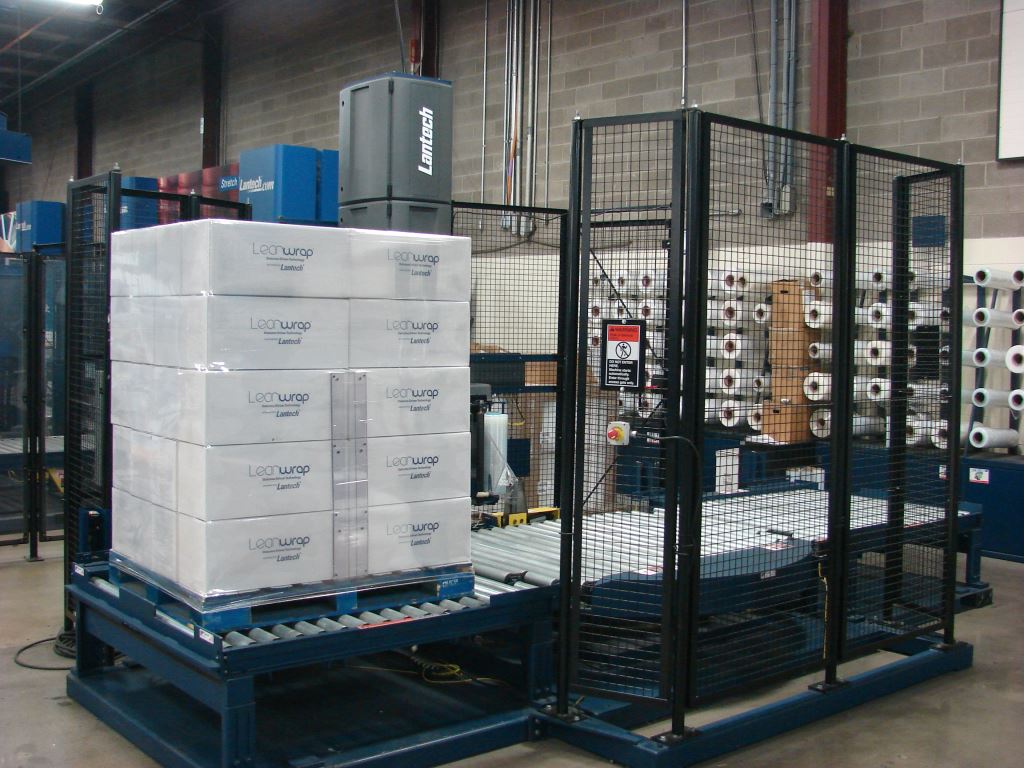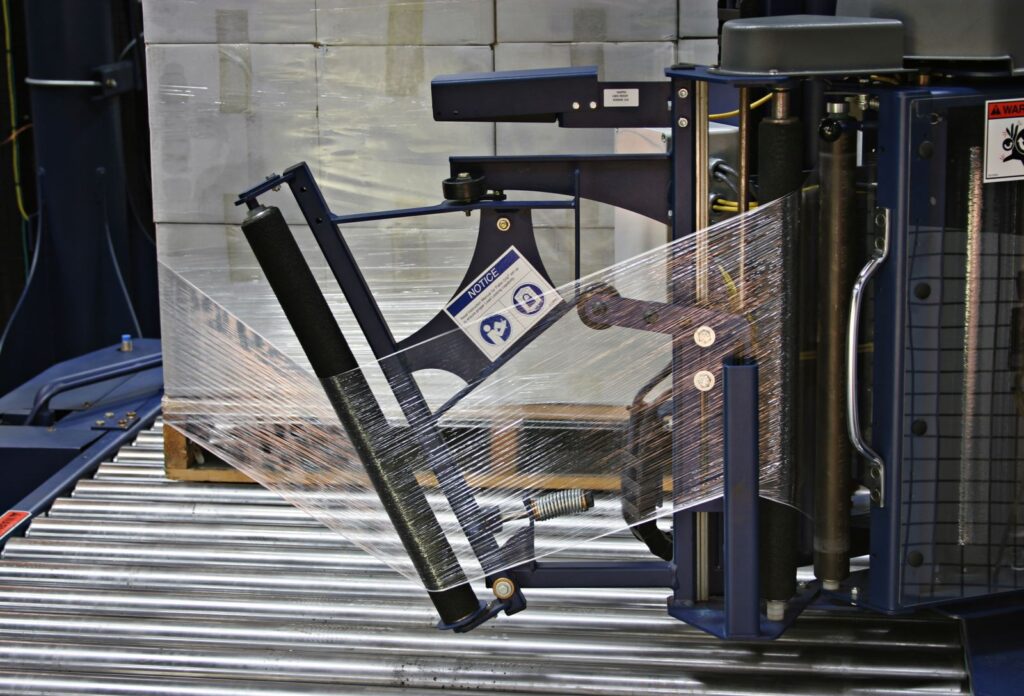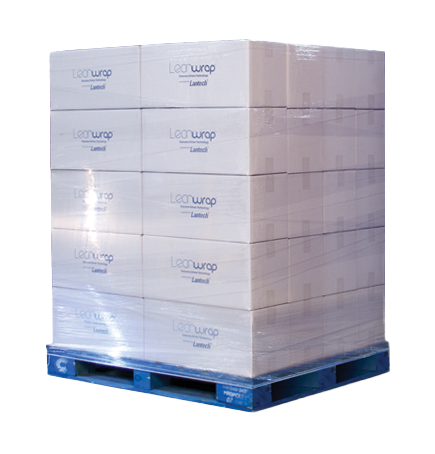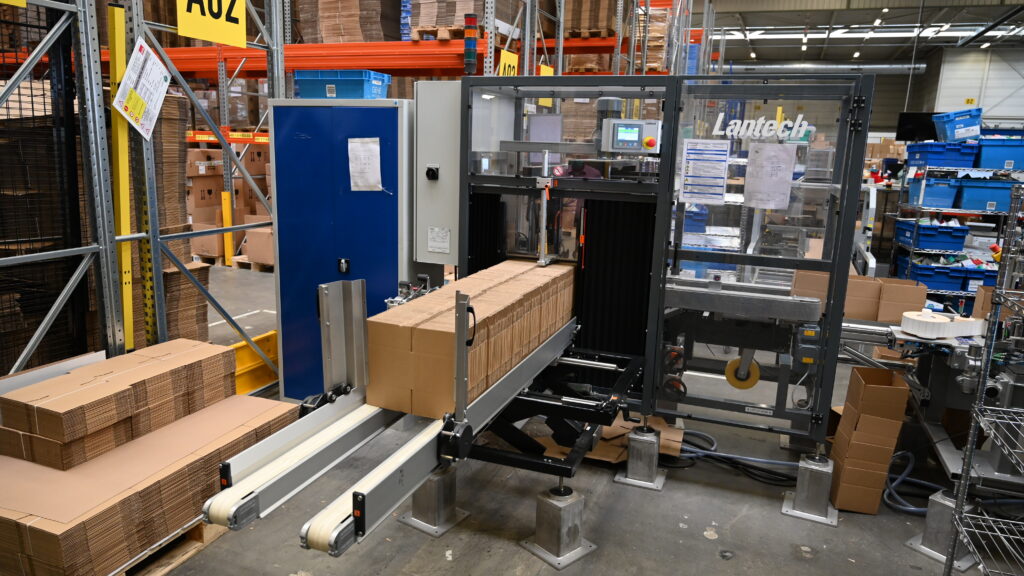Since 1972, when Lantech invented stretch wrapping, there have been lots of improvements in the technology and techniques that help shippers send their loads from their facility to their customer’s, damage free and at the lowest cost.
But stretch wrapping is not problem-free. The No. 1 problem is film breaks. And that’s when bad things happen. At best, you lose time and money in getting your product out and at worst, you end up with disastrous results, damaged loads.
The good news is because the most common causes of film breaks occur before the stretch wrapping even begins, you can limit the risk of breaks. Here are some of the things you can do:
- Keep your products from overhanging the pallet and try to eliminate sharp corners. If you’ve ever had a trash bag break at home because someone put a box in there with sharp corners, you know the result…a mess.
- Train operators to handle film properly. Improper film threading is one main cause of film breaks. Also, if a film roll is dropped or otherwise mishandled, it can result in nicks in the edge of the roll; those nicks are film breaks waiting to happen.
- Don’t buy “cheap” film, which has higher risk of flaws (gels, nicks, tears). “Cheap” films may be less tear-resistant and don’t have the ability to stretch as far as performance films. Any savings you think you’re achieving can disappear with one damaged load.
- Don’t set the wrap force too high. This is a trial and error process, but worth the effort. Depending on your film and product, change the tension on the film, by adjusting the wrap force, to determine the best setting for your loads. The correct wrap force will be that point at which the film doesn’t break and there is no load distortion or crushing. Setting the correct wrap force not only helps you avoid film breaks, it is critical to achieving the proper containment force (the pressure the film applies to the load to hold it together) everywhere on your load. The right amount of containment force is key to keeping your load safe.
They’re small, simple steps you can take that can make a big difference. They can save you time, expense, and aggravation. And that about wraps it up.
This post was published on June 24, 2015 and updated on November 14, 2018.
June 24, 2015










